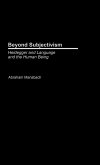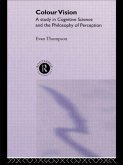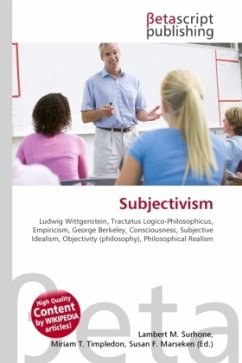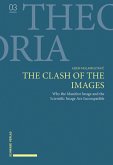The nature of colour has always been fascinating, that is why we try to solve the historical problem of the relation between colour and its cause of experience, e.g. physical properties of the bodies. Dispositionalism, developed by John Locke, seems to present the solution, but as the research significantly reveal, Locke even deepens the gap between physicalism and subjectivism. As the results show Locke only tries to explain the third possible way or dispositionalism. Considering the newest empirical facts of colour perception we can easily acquire physical arguments against dispositionalism as well as subjectivist arguments against pluralistic realism - recently developed by Mohan Matthen. Since the significant organ responsible for the perception of colour is our brain; therefore perception of colour is subjective and is caused by a distal stimulus. The significance of this book lies in the new subjective aspect of colour perception, trying to answer the general question of the meaning of colours in ontological and epistemological sense.
Bitte wählen Sie Ihr Anliegen aus.
Rechnungen
Retourenschein anfordern
Bestellstatus
Storno








